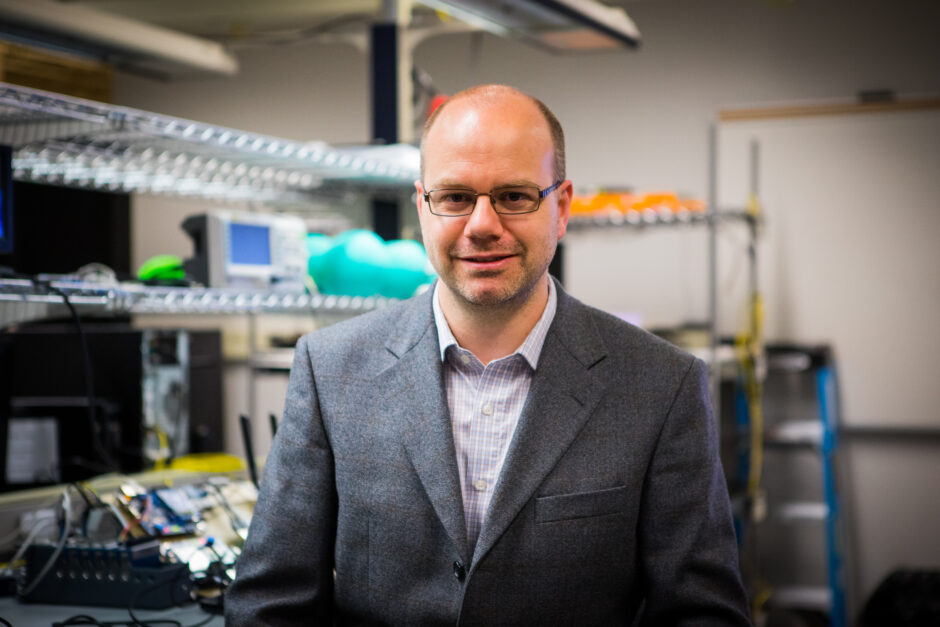New cybersecurity solution set to bolster defense of Canada’s critical infrastructure
Velocity company Palitronica receives funding for three-year project
November 3, 2023
Today’s complex supply chains are threatened by counterfeit chips, electronic espionage and complex supply chains making critical infrastructure and national security vulnerable to cyber-attacks.
Palitronica has developed a system to secure vital components to the critical infrastructure supply chain and has been awarded $1 million in funding from Canada’s National Cybersecurity Consortium (NCC) for the three-year PASCAL project.
The project was the sole recipient in the NCC’s commercialization category and aims to bring Palitronica’s Anvil Security Checkpoint system to supply chain cybersecurity for aerospace, defense, and other critical industries.
The Anvil Security Checkpoint is a briefcase-sized device designed to thwart large-scale cyber-attacks by ensuring every system in the supply chain is built using authentic, untampered components and electronic hardware. It uses physics to assess the integrity of both hardware and software and can detect recycled e-waste, misconfigurations, counterfeit parts, hardware implants, and undisclosed software functions of critical infrastructure components at the push of a button.

Sebastian Fischmeister, Founder and CEO at Palitronica, said Canada’s hospitals, energy, communications, and defense systems teeter on the brink of vulnerability to cyber threats.
“The hardware supply chain, often sourced from overseas, poses a gaping hole in our security armour but one thing cybercriminals can’t circumvent is the laws of physics,” he said. “This funding will allow Palitronica to productize our chip and software assurance technology which will keep the supply chains for Canadian critical infrastructure and systems safe and secure despite the ongoing global chip shortage and trade crises.”
Palitronica has partnered with Alberta’s Arcfield, Ontario’s Continental, Sera4, and the University of Waterloo, companies and institutions that are transforming cybersecurity and ensuring the resilience of our critical infrastructure.
“The outcome of the PASCAL project and our product’s potential touches the lives of everyday people, securing a future where our most vital systems remain impervious to evolving cyber threats,” Fischmeister said.
